The United Arab Emirates (UAE) has expressed its willingness to initiate bilateral trade discussions with the United States aimed at reducing elevated customs duties on steel and aluminum exports. According to reports, Emirati officials brought up the idea during former U.S. President Donald Trump’s recent visit to Abu Dhabi.
The move comes amid an increase in U.S. tariffs on these products—from a base rate of 10% to a total of 25%, bringing the combined duty to 50%. This escalation has prompted the UAE to prioritize efforts to address the issue, as the higher tariffs are significantly affecting its export volumes in these key industrial sectors.
As of 2024, the UAE stands as the United States’ leading trading partner in the Middle East, with bilateral trade reaching $34.4 billion. It also ranks as the second-largest exporter of steel and aluminum to the U.S., making tariff relief crucial for sustaining economic growth in these industries.
Emirati representatives have cited previous successful agreements—such as the Comprehensive Economic Partnership Agreements (CEPAs) signed with India, Türkiye, and Australia—as models that could expedite negotiations with the U.S. The rapid conclusion of the India-UAE CEPA in just 88 days has further fueled optimism about achieving a similar outcome.
Although early reactions from the U.S. side appear encouraging, insiders suggest that the talks may not lead to a full-fledged free trade agreement. Still, the expected outcome would likely be labeled a “CEPA” and follow the format of earlier agreements between the UAE and other nations. A formal commencement date for the negotiations has not yet been disclosed.
What is CEPA and why is it important?
CEPA refers to comprehensive economic partnership agreements that go beyond customs tariffs to include areas such as investment, services, digital trade, and intellectual property. In recent years, the UAE has used this model to forge swift and strategic partnerships with countries like India, Indonesia, Israel, and South Korea, thereby strengthening its position in the global trade network.


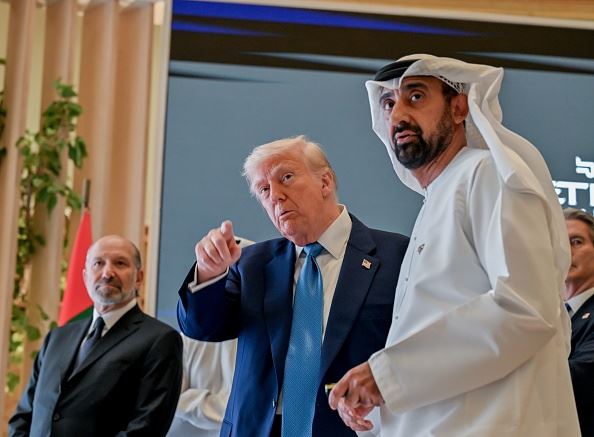
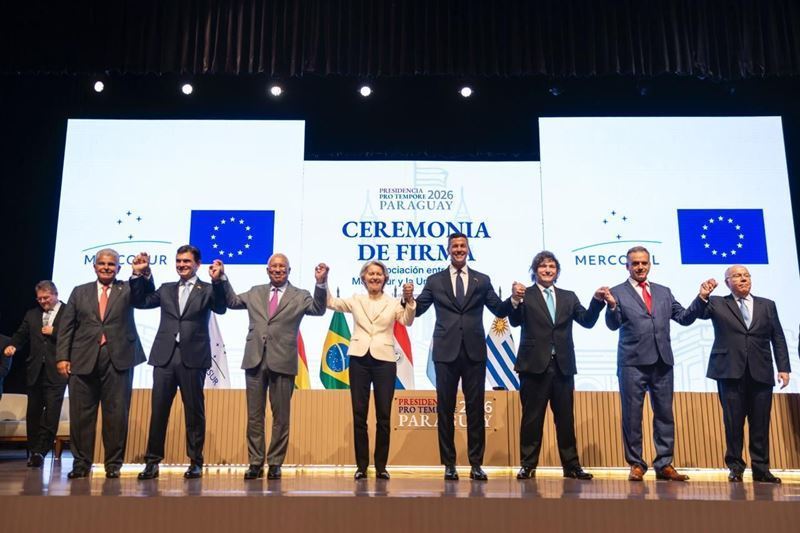
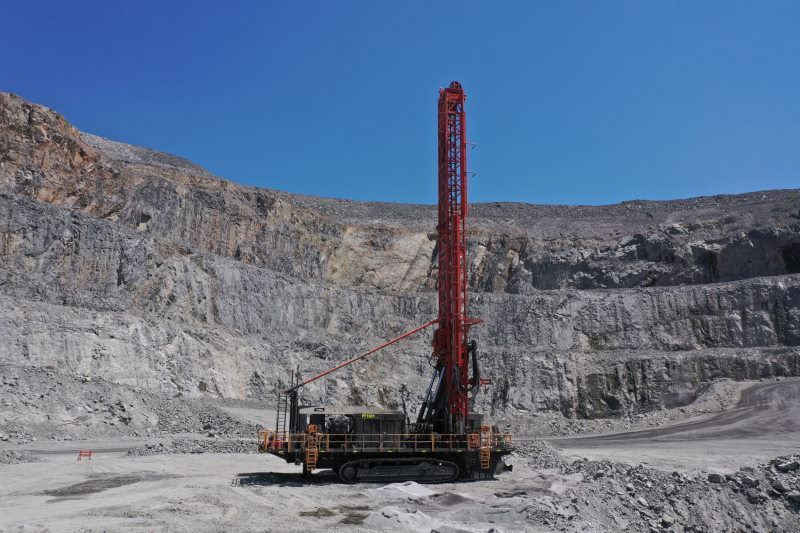
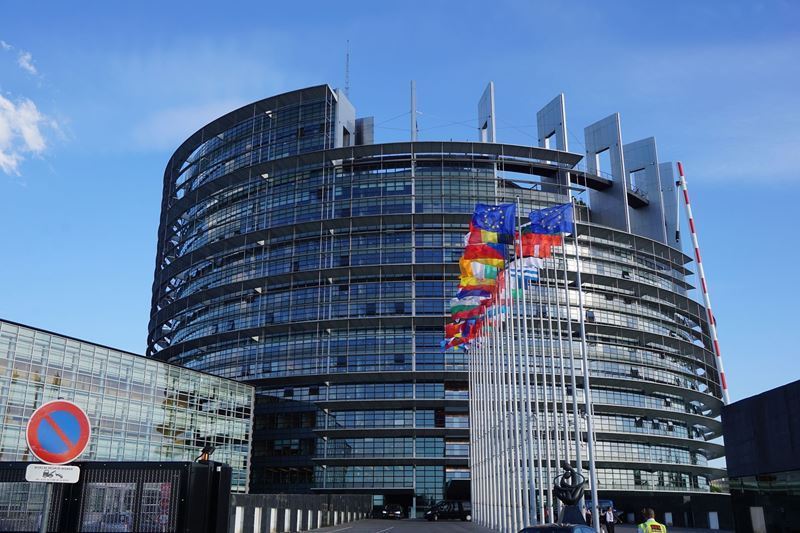
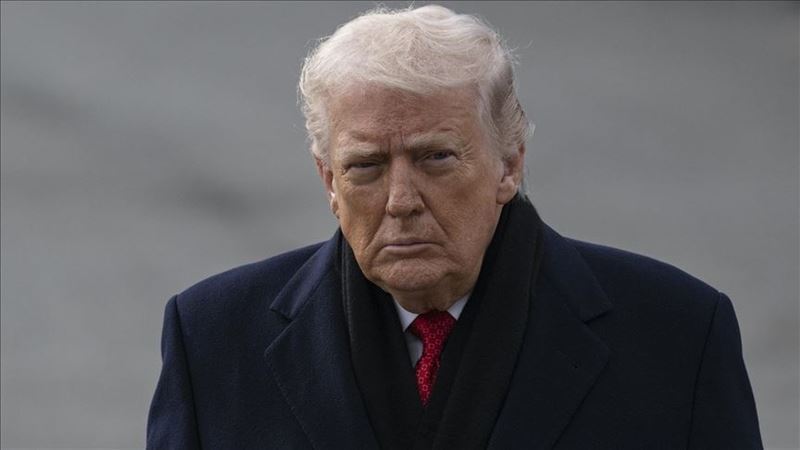
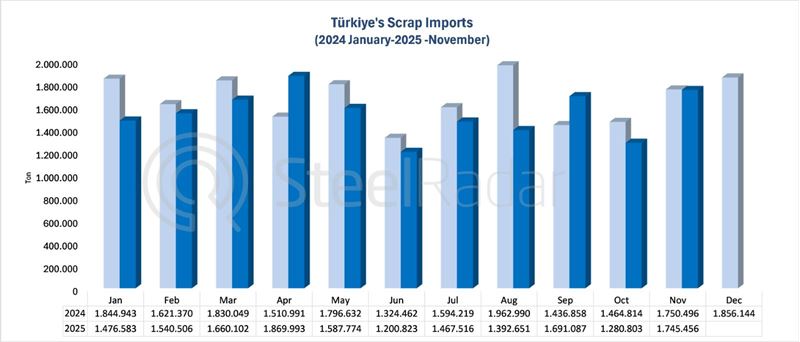


Comments
No comment yet.